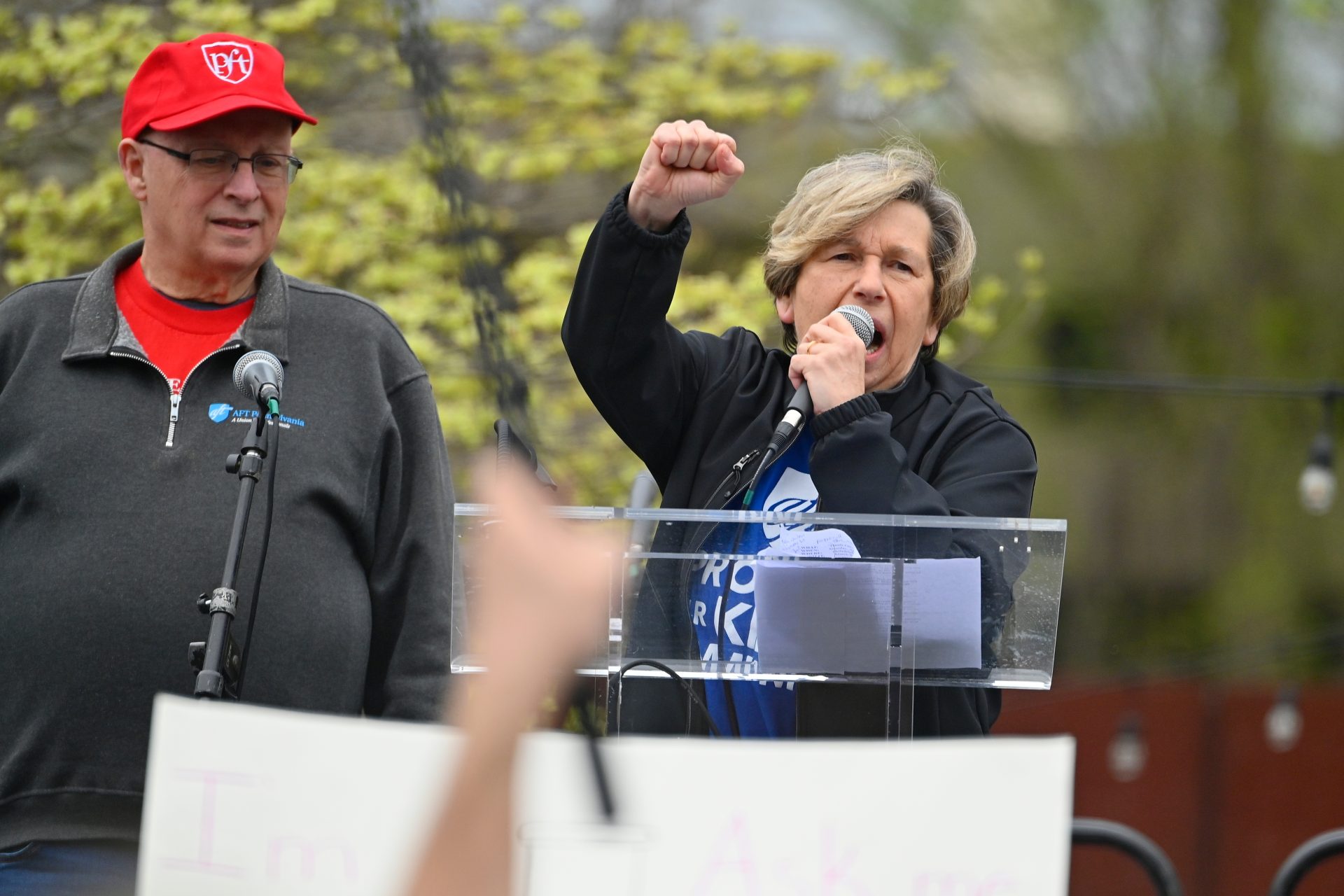
Randi Weingarten’s DNC Exit: What’s Next?
Randi Weingarten’s unexpected departure from the DNC signifies a seismic shift in the Democratic Party’s relationship with teachers’ unions.
At a Glance
- Weingarten leaves the DNC amid disagreements with Chair Ken Martin.
- Her departure reveals internal party conflicts and union influence.
- Media coverage on Weingarten’s dual roles questioned for bias.
- Union-financed political contributions prompt calls for reform.
Weingarten’s Exit and Internal Strife
Randi Weingarten, the long-standing President of the American Federation of Teachers, is stepping down from the Democratic National Committee (DNC) after a notable 23-year tenure. This move comes amid reported rifts between her and Ken Martin, the DNC Chair. Weingarten has expressed concerns about the party’s failure to expand its community engagement. These revelations underscore the ongoing factional disputes within the Democratic Party.
Watch report: DNC leader Randi Weingarten resigns from position
Weingarten has been a vocal supporter of David Hogg, recently booted from the DNC for his opposition to certain Democratic incumbents. This adds another layer to the narrative, highlighting the complexities within the party’s ranks. Despite her loyalty to the Democratic Party, Weingarten’s exit was surprisingly met with applause from some AFT members. Her backing of Ben Wikler over Martin likely sealed her removal from the rules and bylaws committee, marking the end of her influence in the DNC.
Media Oversight and Political Influence
The media’s oversight in reporting Weingarten’s dual roles within the union and the DNC raises significant questions. The portrayal of Weingarten solely as a union leader, neglecting her substantial political influence, points to a possible bias or selective narrative control. The broader implications of her role affecting educational matters and the party’s policies cannot be ignored. Erika Sanzi questioned, “Why Didn’t We Know Randi Weingarten Was a DNC Member?” shedding light on the media’s selective coverage.
The narrative also brings to question the potential attempts by the AFT to deliberately downplay her political involvement, possibly to maintain a non-partisan image. This lack of transparency is seen by many as an oversight that hinders a genuine understanding of the intertwined nature of union and political dynamics.
Call for Educational and Political Reform
The revelations about the financial ties between teachers’ unions and Democratic campaigns have reignited calls for educational and political reforms. The American Federation of Teachers is highlighted as contributing a staggering 99% of political donations to the Democratic Party. Critics argue that unions prioritize political agendas over genuine educational needs. This complex relationship fuels debates about the appropriate extent of union influence over political matters.
The Janus v. AFSCME decision allows teachers to opt out of paying union dues, providing a legal basis for breaking away from politically-driven unions. Advocates for reform argue for more school choice and homeschooling options as viable alternatives to the traditional, politically-influenced public school framework. In addition, suggestions have been made to prevent public sector union leaders from holding significant political roles to avoid conflicts of interest.


